41 label and function of microscope
Microscope labeling and functions Flashcards | Quizlet Controls the amount of light passing through the opening of the stage Diaphragm Contains a lens that magnifies about 10x Eyepiece Lens Moves the body tube to focus the image; moves the stage up and down for focusing Coarse Adjustment Knob Moves the body tube slightly to adjust the image; Fine Adjustment Knob Supports the body tube Arm 1.5: Microscopy - Biology LibreTexts On the next page, label the parts of the microscope and list their function. How is a microscope properly carried? How is the microscope properly put away? What is the magnification power of: ... Blank microscope to label parts. This page titled 1.5: Microscopy is shared under a CC BY 4.0 license and was authored, ...
Guide to understand microscope parts, names, functions & diagram Microscope Parts Labeled Diagram The principle of the Microscope gives you an exact reason to use it. It works on the 3 principles. Magnification Resolving Power Numerical Aperture. Parts of Microscope Head Base Arm Eyepiece Lens Eyepiece Tube Objective Lenses Nose Piece Adjustment Knobs Stage Aperture Microscopic Illuminator Condenser Lens
Label and function of microscope
3.1: Introduction to the Microscope - Biology LibreTexts Microscopy is used by scientists and health care professionals for many purposes, including diagnosis of infectious diseases, identification of microorganisms (microscopic organisms) in environmental samples (including food and water), and determination of the effect of pathogenic (disease-causing) microbes on human cells. Types, Parts and Functions of a Microscope - BYJU'S The primary function of a microscope is to study biological specimens. A microscope solely functions on two concepts - magnification and resolution. Magnification is simply the ability of the microscope to enlarge the image. Whereas the ability to analyse minute details depends on the resolution. Compound Microscope Parts - Labeled Diagram and their Functions Labeled diagram of a compound microscope Major structural parts of a compound microscope There are three major structural parts of a compound microscope. The head includes the upper part of the microscope, which houses the most critical optical components, and the eyepiece tube of the microscope.
Label and function of microscope. Compound Microscope Parts, Functions, and Labeled Diagram Compound Microscope Definitions for Labels Eyepiece (ocular lens) with or without Pointer: The part that is looked through at the top of the compound microscope. Eyepieces typically have a magnification between 5x & 30x. Monocular or Binocular Head: Structural support that holds & connects the eyepieces to the objective lenses. Parts of the Microscope with Labeling (also Free Printouts) A microscope is one of the invaluable tools in the laboratory setting. It is used to observe things that cannot be seen by the naked eye. Table of Contents 1. Eyepiece 2. Body tube/Head 3. Turret/Nose piece 4. Objective lenses 5. Knobs (fine and coarse) 6. Stage and stage clips 7. Aperture 9. Condenser 10. Condenser focus knob 11. Iris diaphragm Label the microscope — Science Learning Hub Label the microscope Interactive Add to collection Use this interactive to identify and label the main parts of a microscope. Drag and drop the text labels onto the microscope diagram. diaphragm or iris base eye piece lens fine focus adjustment light source stage coarse focus adjustment high-power objective Download Exercise A Study of the Microscope and its Functions With a Labeled Diagram ... The microscope is an important instrument in the world of biological science. Diagrams have always been of great help in understanding both the structural and functional aspects of entities. These labeled microscope diagrams and the functions of its various parts, attempt to simplify the microscope for you.
Label a Microscope - Storyboard That Create a poster that labels the parts of a microscope and includes descriptions of what each part does. Click "Start Assignment". Use a landscape poster layout (large or small). Search for a diagram of a microscope. Using arrows and textables label each part of the microscope and describe its function. Copy This Storyboard. Microscope | Types, Parts, History, Diagram, & Facts The resolution of a microscope is a measure of the smallest detail of the object that can be observed. Resolution is expressed in linear units, usually micrometres (μm). The most familiar type of microscope is the optical, or light, microscope, in which glass lenses are used to form the image. Microscope parts — Science Learning Hub In this activity, students identify and label the main parts of a microscope and describe their function. By the end of this activity, students should be able to: identify the main parts of a microscope. describe the function of the different parts of a microscope. Download the Word file (see link below) for: background information for teachers. Parts of a microscope with functions and labeled diagram - Microbe Notes Microscopes are instruments that are used in science laboratories to visualize very minute objects such as cells, and microorganisms, giving a contrasting image that is magnified. Microscopes are made up of lenses for magnification, each with its own magnification powers.
What Is the Function of a Microscope? | Sciencing The microscope is one of the most important tools used in chemistry and biology. This instrument allows a scientist or doctor to magnify an object to look at it in detail. Many types of microscopes exist, allowing different levels of magnification and producing different types of images. Some of the most advanced microscopes can even see atoms. Parts of a Microscope with Their Functions • Microbe Online The function of the mirror is to provide reflected light from a lamp or sunlight. Most microscopes today have built-in lamps that provide necessary illumination. You can turn on and off the light source using a switch and adjust the illumination intensity by turning the light adjustment knob. Microscope, Microscope Parts, Labeled Diagram, and Functions A microscope is a laboratory instrument used to examine objects that are too small to be seen by the naked eye. It is derived from Ancient Greek words and composed of mikrós, "small" and skopeîn,"to look" or "see". It is one of the most revolutionized scientific instruments used to observe or examine minute structures not clearly ... Microscope Parts and Functions First, the purpose of a microscope is to magnify a small object or to magnify the fine details of a larger object in order to examine minute specimens that cannot be seen by the naked eye. Here are the important compound microscope parts... Eyepiece: The lens the viewer looks through to see the specimen.
Microscope: Parts Of A Microscope With Functions And Labeled Diagram. The microscope has three basic components: the head, the base, and the arm. Head:Occasionally, the head is considered the body. It holds the optical components of the upper part of the microscope. Base:The microscope's base provides great support. It is also equipped with miniature illuminators.
Microscope With Labeled Parts and Functions - 24 Hours Of Biology The optical parts of the microscope are used to view, enlarge, and produce an image from a sample placed on a slide. These parts include. Eyepiece: Eyepiece also contains ocular lens. It enhance the image of the viewer. This part is used for checking through the microscope. Eyepiece is found at the upper part of it.
Compound Microscope Parts - Labeled Diagram and their Functions Labeled diagram of a compound microscope Major structural parts of a compound microscope There are three major structural parts of a compound microscope. The head includes the upper part of the microscope, which houses the most critical optical components, and the eyepiece tube of the microscope.
Types, Parts and Functions of a Microscope - BYJU'S The primary function of a microscope is to study biological specimens. A microscope solely functions on two concepts - magnification and resolution. Magnification is simply the ability of the microscope to enlarge the image. Whereas the ability to analyse minute details depends on the resolution.
3.1: Introduction to the Microscope - Biology LibreTexts Microscopy is used by scientists and health care professionals for many purposes, including diagnosis of infectious diseases, identification of microorganisms (microscopic organisms) in environmental samples (including food and water), and determination of the effect of pathogenic (disease-causing) microbes on human cells.



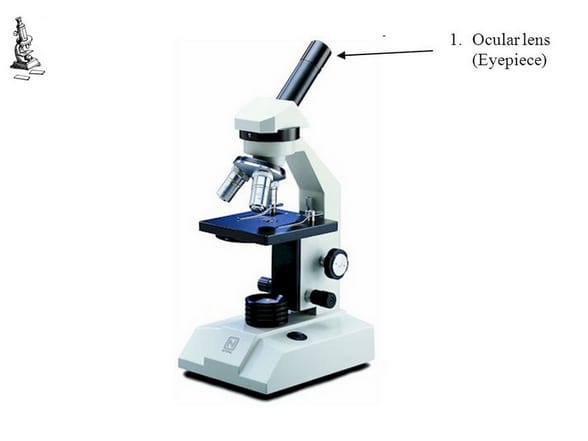

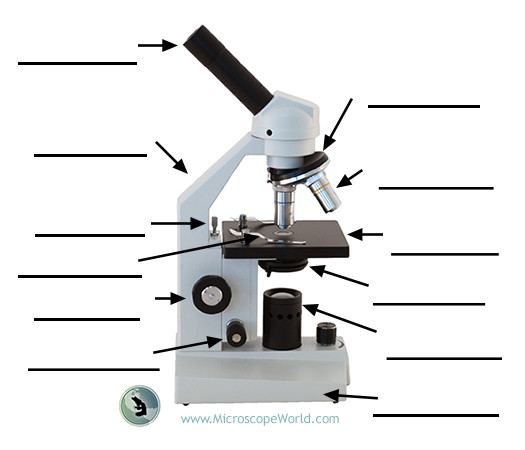
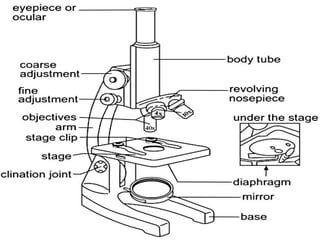

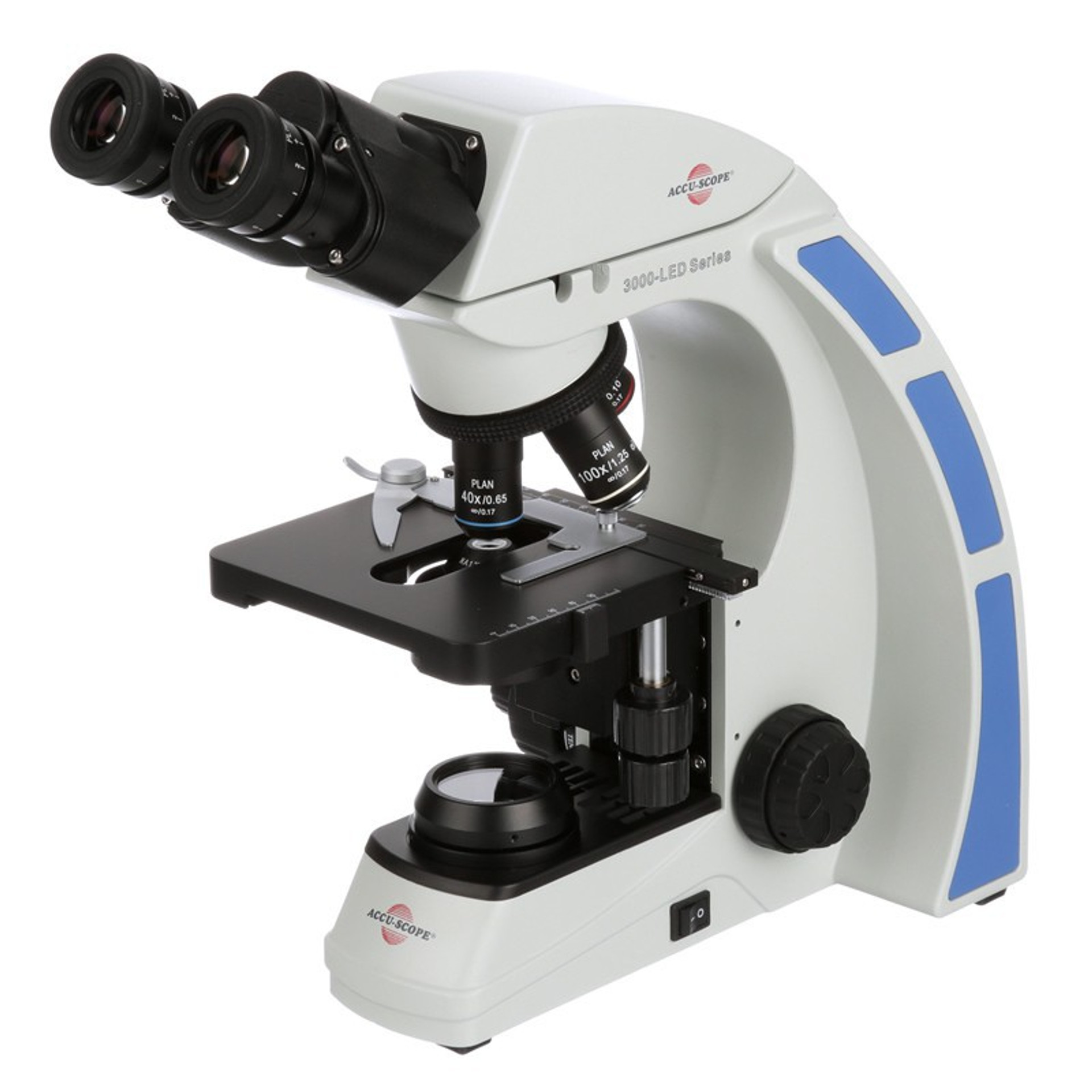
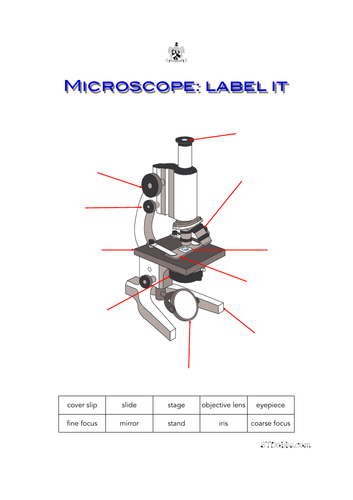




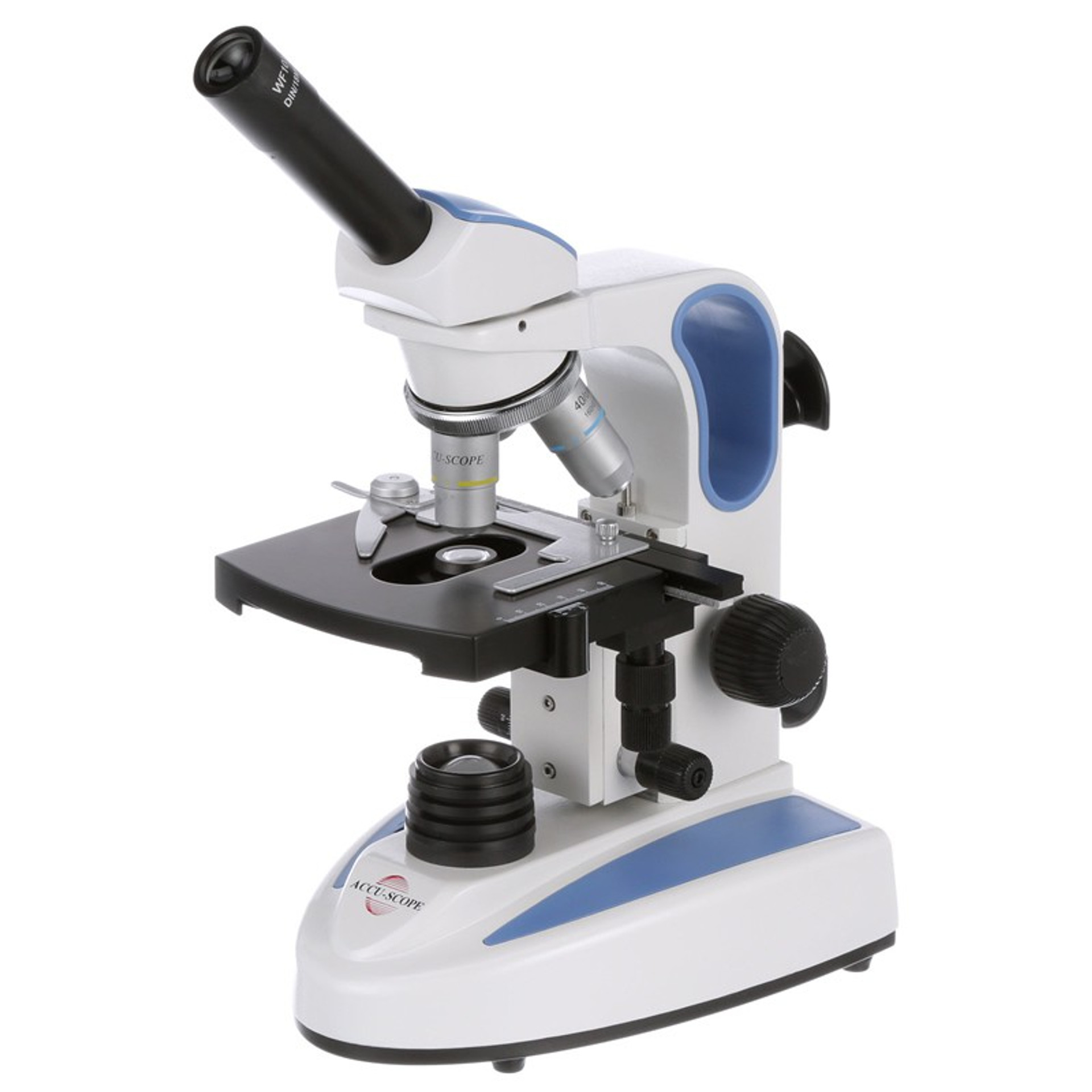
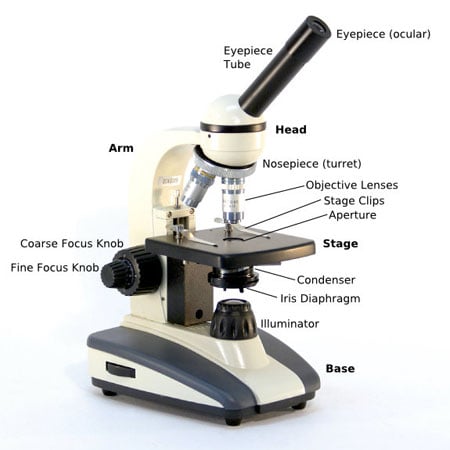




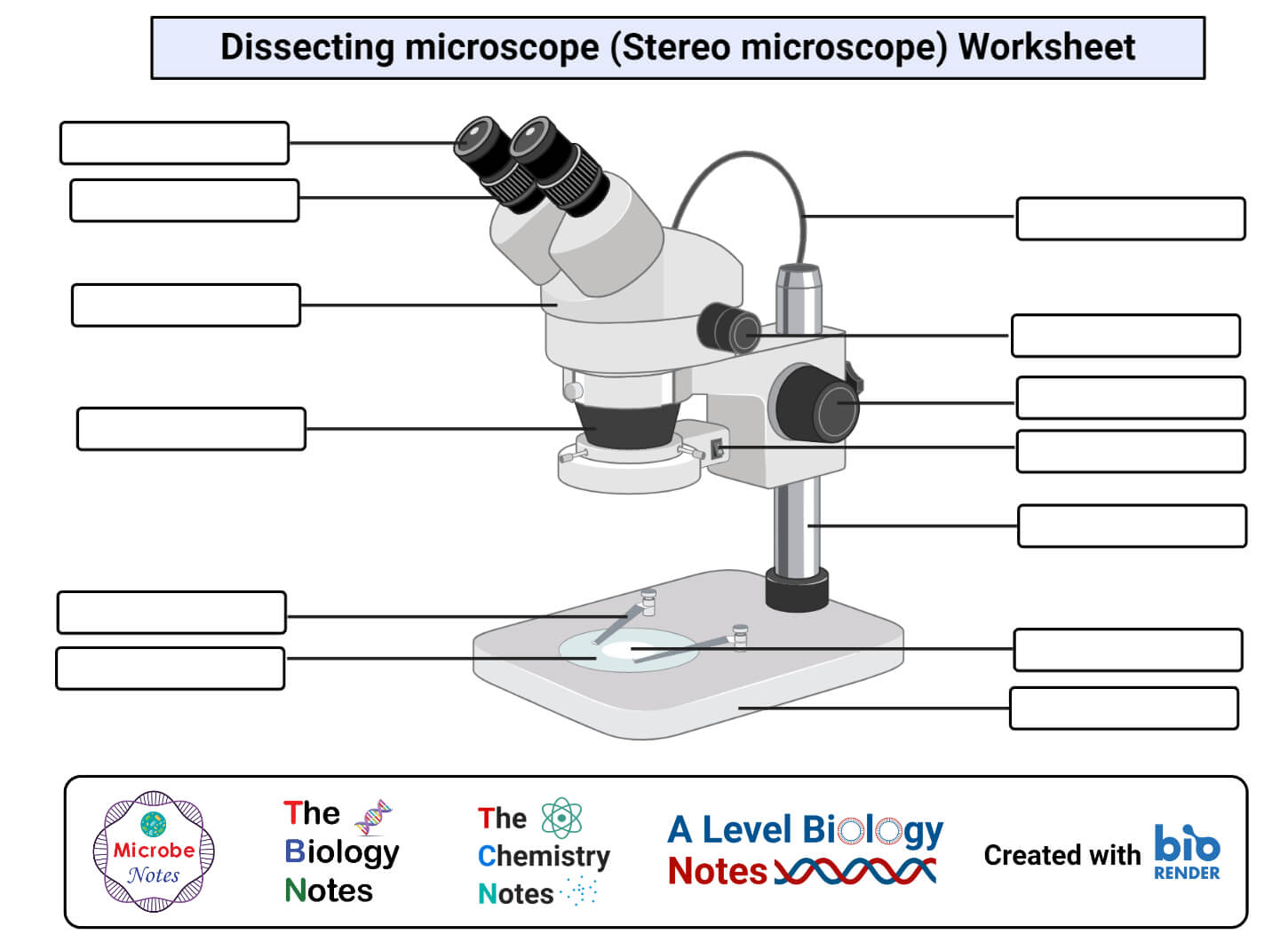
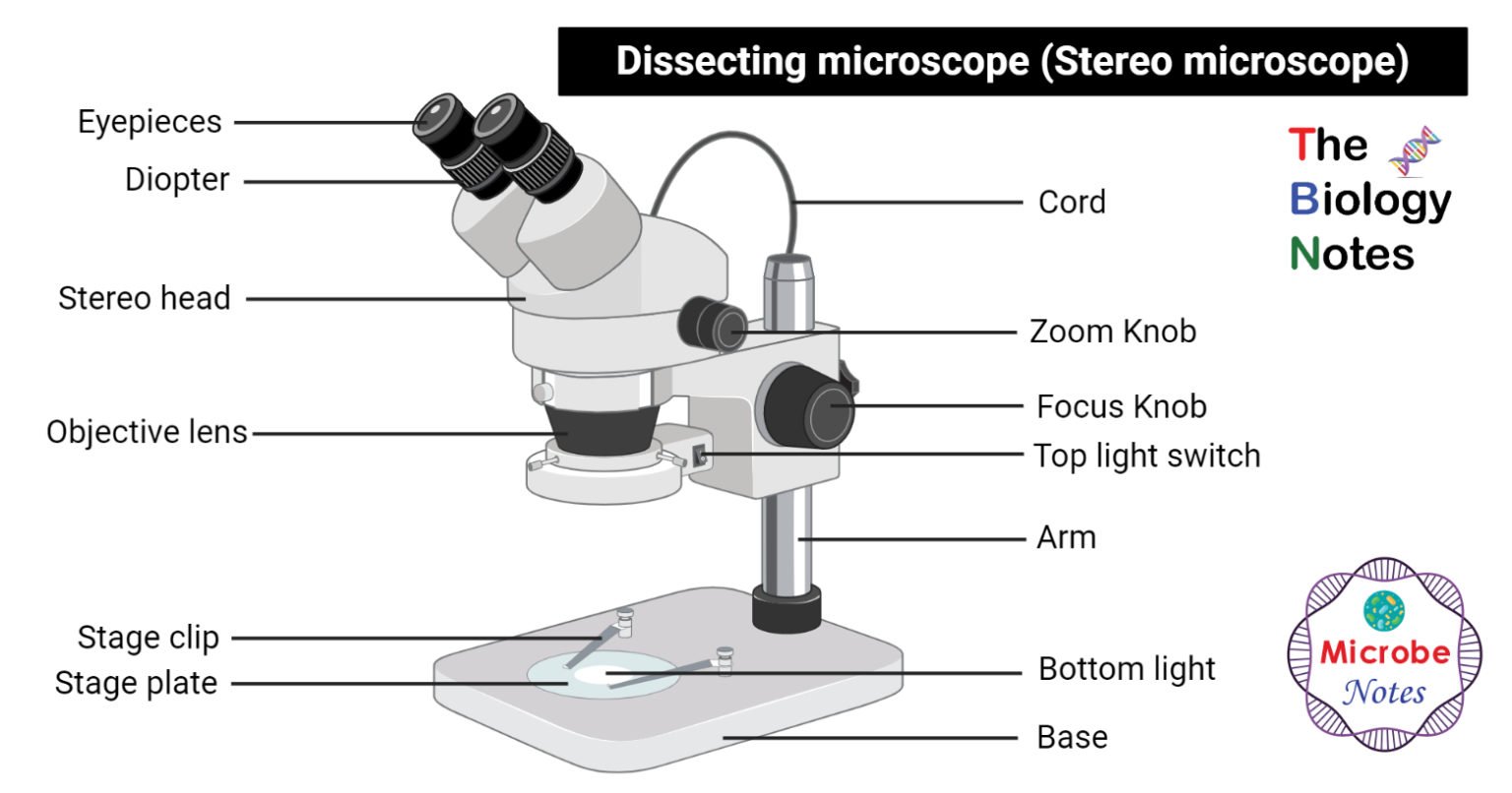

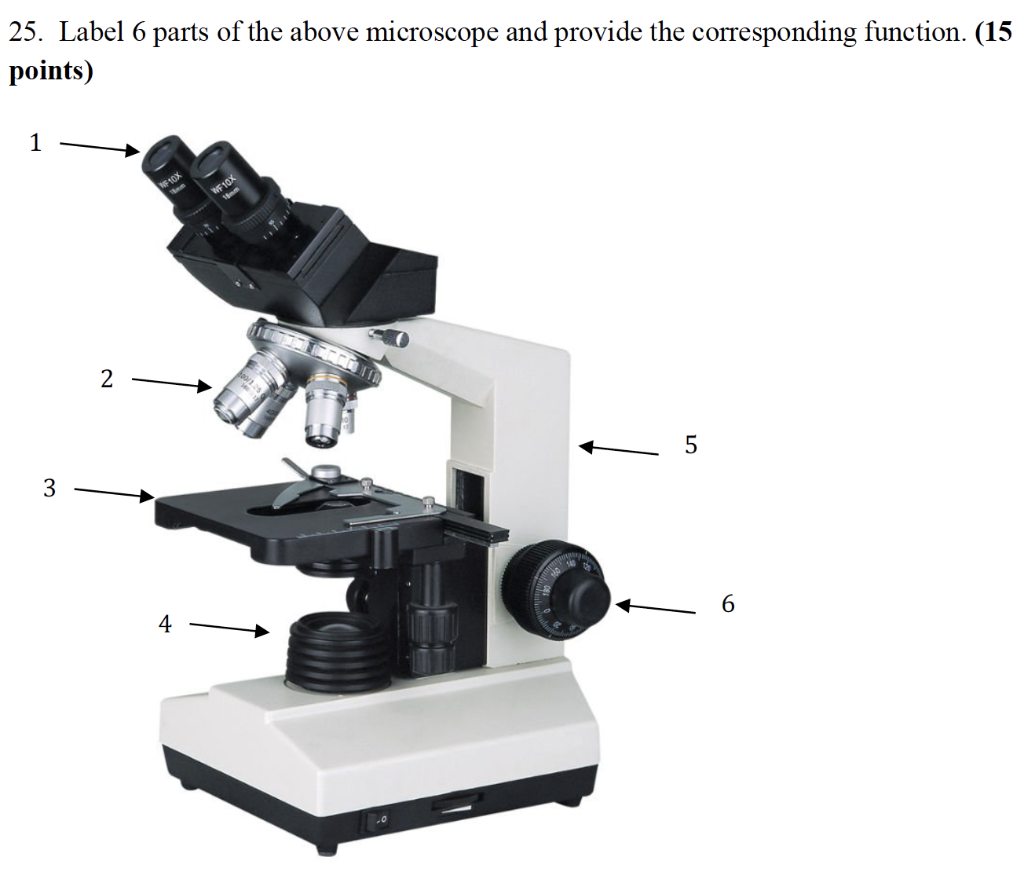
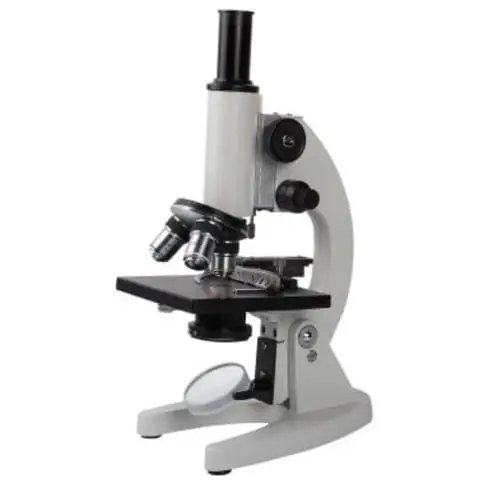
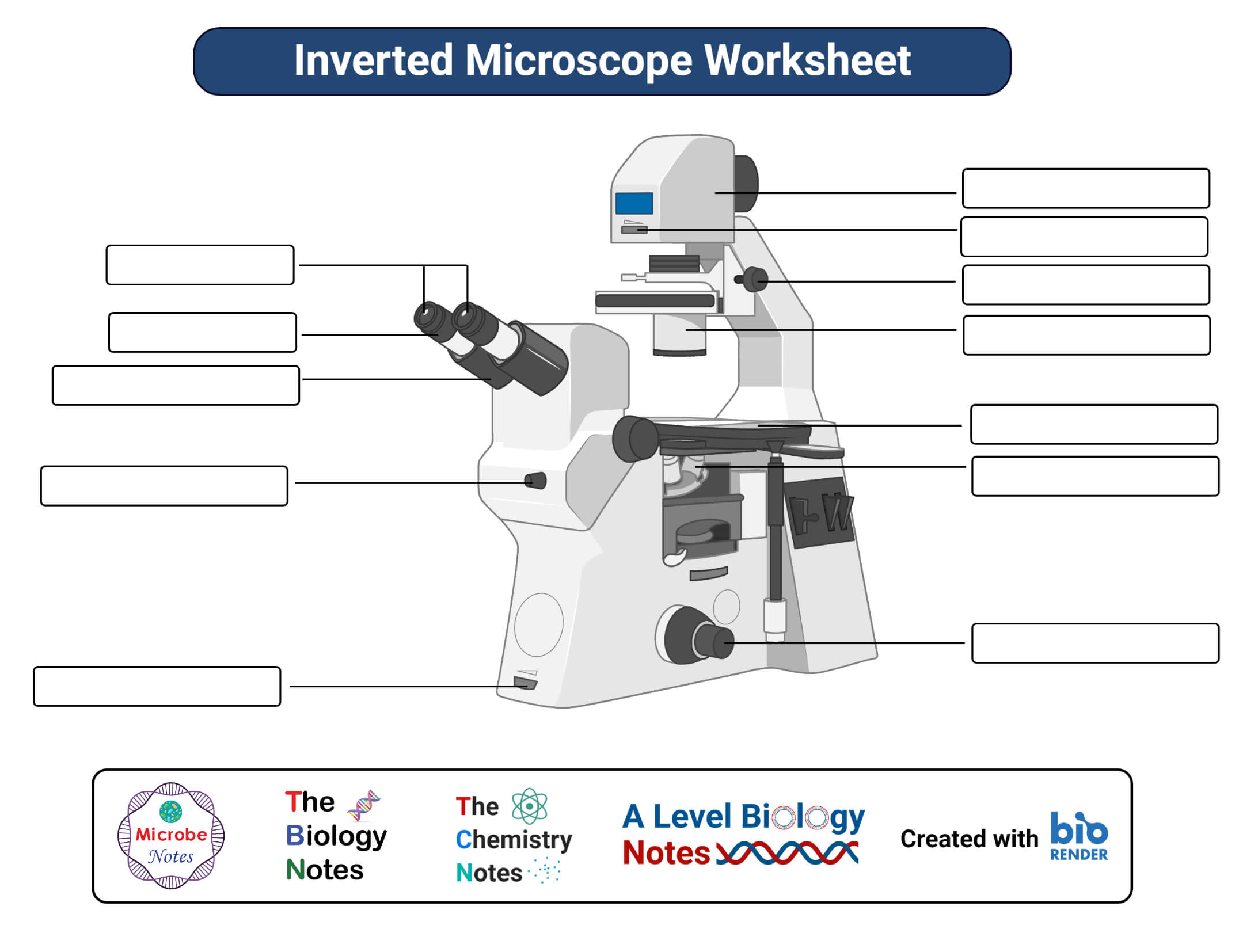

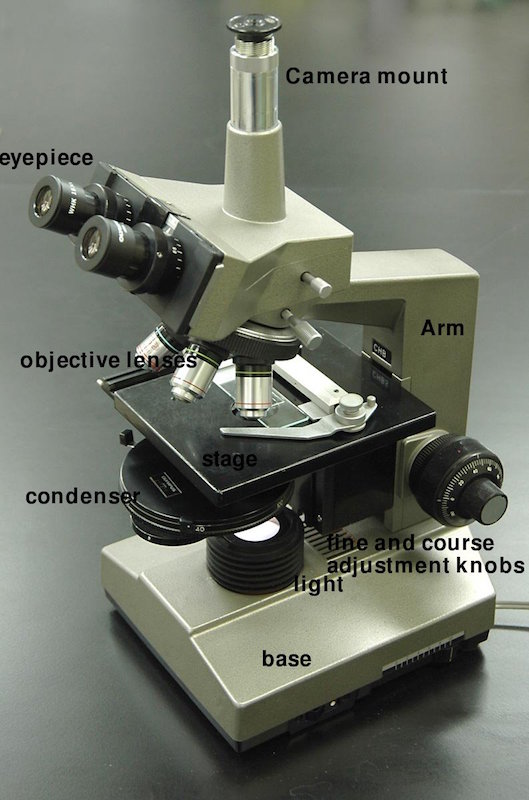





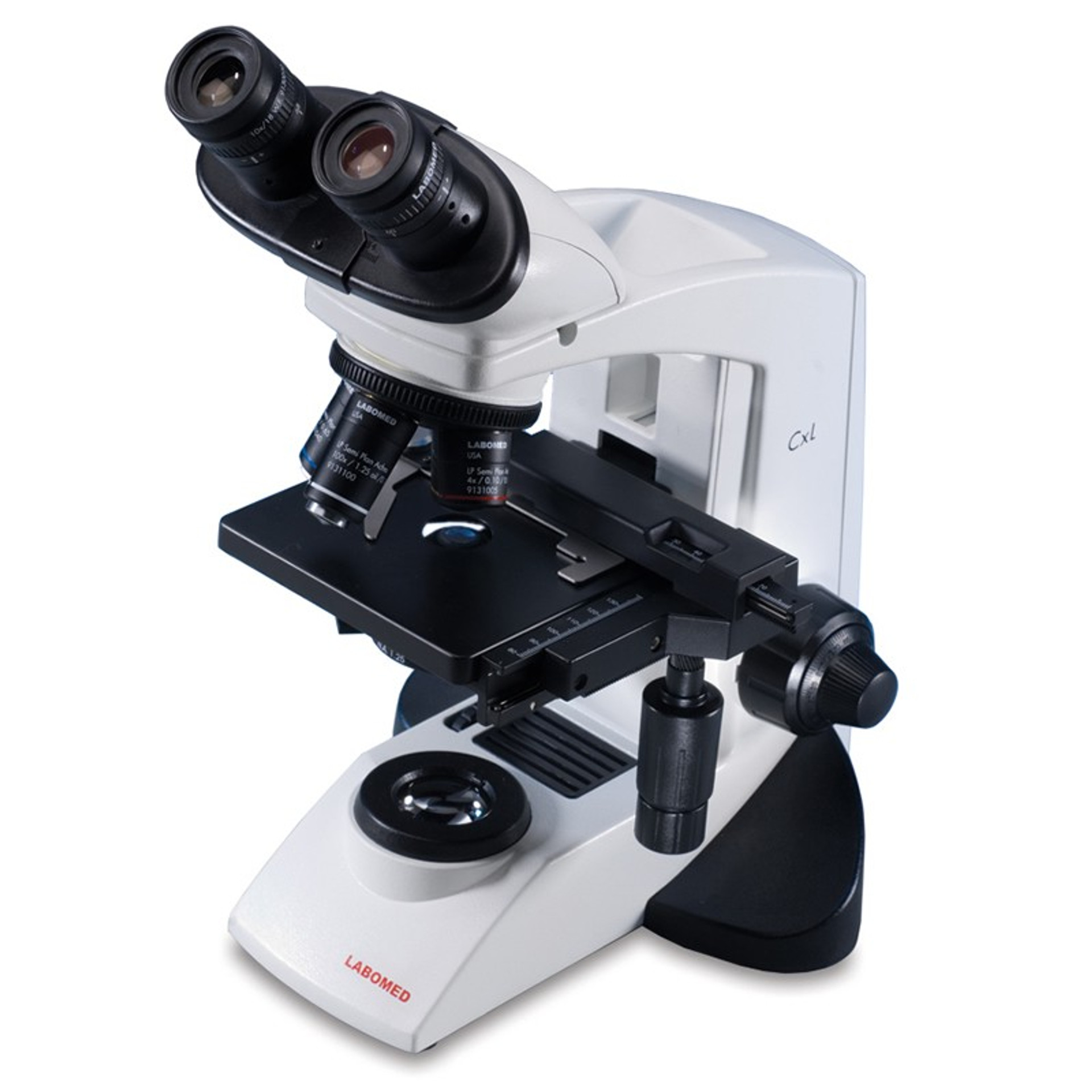

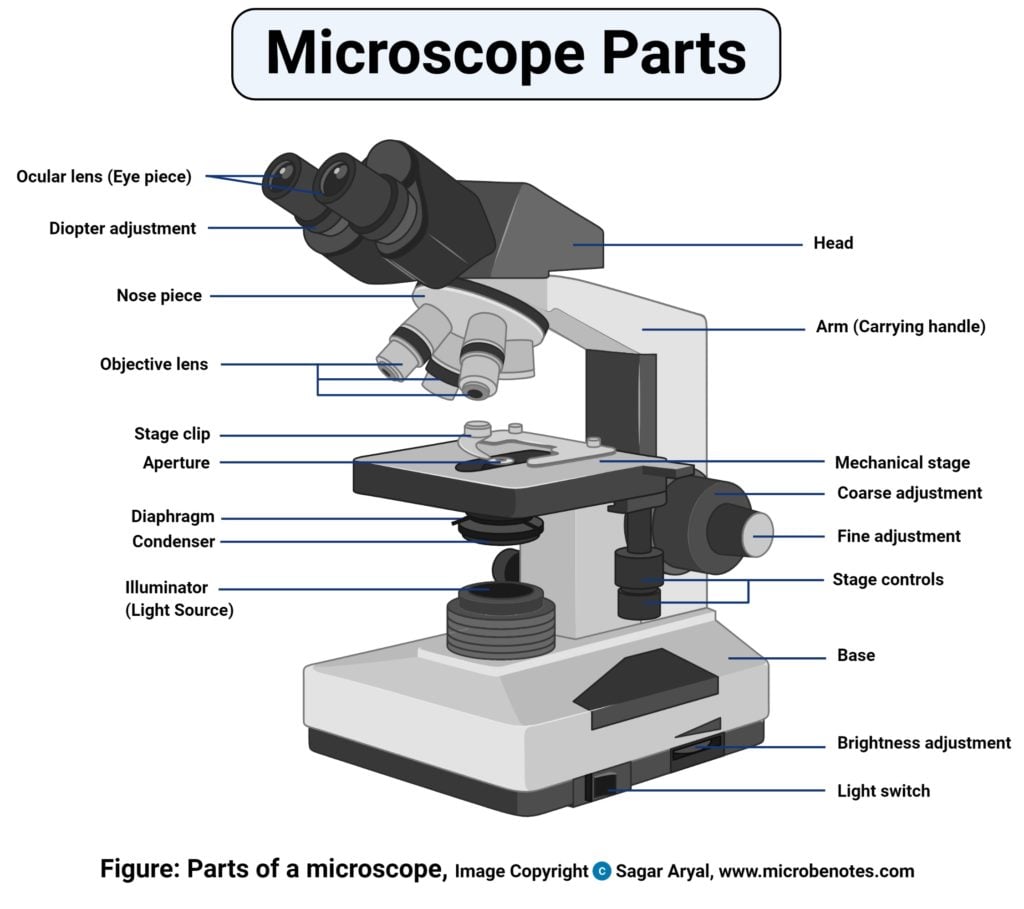
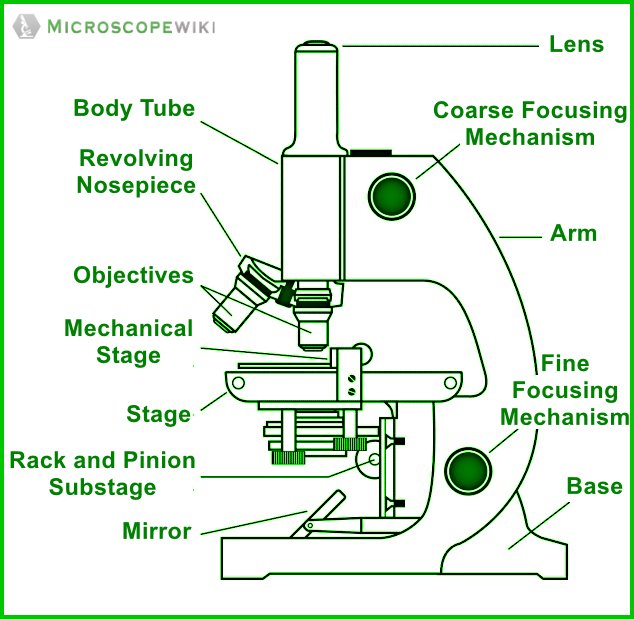
Komentar
Posting Komentar